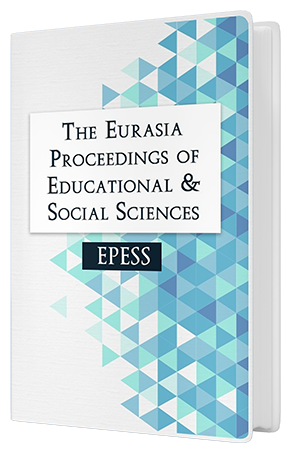The Effects of the Flipped Classroom and Peer Instructional Models on Learning Calculus
Keywords:
Flipped classroom, Peer instructional classroom, Calculus, Mathematics educationAbstract
This study investigated the effects of the flipped classroom and peer instructional pedagogical models on students' achievements in Calculus for Business courses. One hundred eight students participated in the study and were divided into three groups. The Control group (35) was taught according to the traditional model; the first experimental group was taught according to the flipped classroom model (36); and the second experimental group was taught according to both the flipped classroom and the peer instruction models (37). Students in the experimental groups watched recorded lecture videos on Blackboard and solved an online pre-assignment before coming to class. A quasi-experimental design was implemented and two research instruments were designed and used; a pre- and post-tests. All the participants took a pre- test during the first week of the semester and completed a post-test after the treatment during the fourteenth week. The results of this study showed that students’ achievements in the peer instructional classroom surpassed those of students in the other two sections.Downloads
Published
Issue
Section
License
Copyright (c) 2019 The Eurasia Proceedings of Educational and Social Sciences

This work is licensed under a Creative Commons Attribution-NonCommercial-ShareAlike 4.0 International License.
The articles may be used for research, teaching, and private study purposes. Any substantial or systematic reproduction, redistribution, reselling, loan, sub-licensing, systematic supply, or distribution in any form to anyone is expressly forbidden. Authors alone are responsible for the contents of their articles. The journal owns the copyright of the articles. The publisher shall not be liable for any loss, actions, claims, proceedings, demand, or costs or damages whatsoever or howsoever caused arising directly or indirectly in connection with or arising out of the use of the research material. All authors are requested to disclose any actual or potential conflict of interest including any financial, personal or other relationships with other people or organizations regarding the submitted work.




